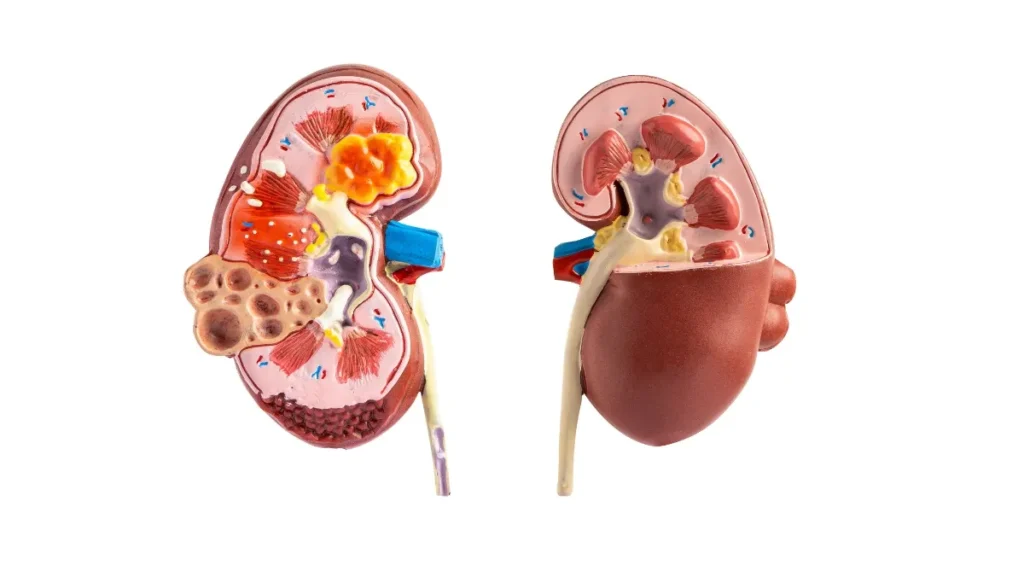
Yes, you can live a normal life with CKD, especially in the early stages. With proper lifestyle changes, medication, and regular monitoring, many people manage CKD effectively and continue to enjoy their daily activities. However, as the disease progresses, treatment options like dialysis or a kidney transplant might be necessary.
Chronic kidney disease cannot be fully cured, but it can be managed to slow its progression. Treatments focus on controlling symptoms, preventing further damage, and addressing the underlying causes like diabetes or high blood pressure. Early detection and treatment can significantly improve the quality of life for people with CKD.
Chronic kidney disease is a long-term condition where the kidneys gradually lose their ability to filter waste from the blood. Over time, this leads to the build-up of toxins in the body, which can cause a range of health problems. CKD is often linked to diabetes and high blood pressure and can lead to kidney failure if untreated.
Stage 1 CKD is the earliest stage of chronic kidney disease, where there is mild kidney damage but normal kidney function. Many people in stage 1 don’t experience symptoms, but early detection is crucial for slowing down the progression of the disease through lifestyle changes and medical treatment.
Chronic kidney disease can have a genetic component, meaning it can run in families. If a close relative has CKD or other kidney problems, you may be at a higher risk. However, lifestyle factors such as diet, exercise, and controlling blood pressure and diabetes play a major role in the development of CKD, so taking preventive measures can reduce the likelihood of developing the condition, even if it’s hereditary.
Medically reviewed by Reema Patel, MPA, PA-C — Written by Rebecca Joy Stanborough, MFA — Updated on August 31, 2022


Learn the life-changing benefits of kidney transplant and how it improves quality of life.

Kidney Transplant in India: Learn about costs, donor options, and top hospitals for kidney transplants.